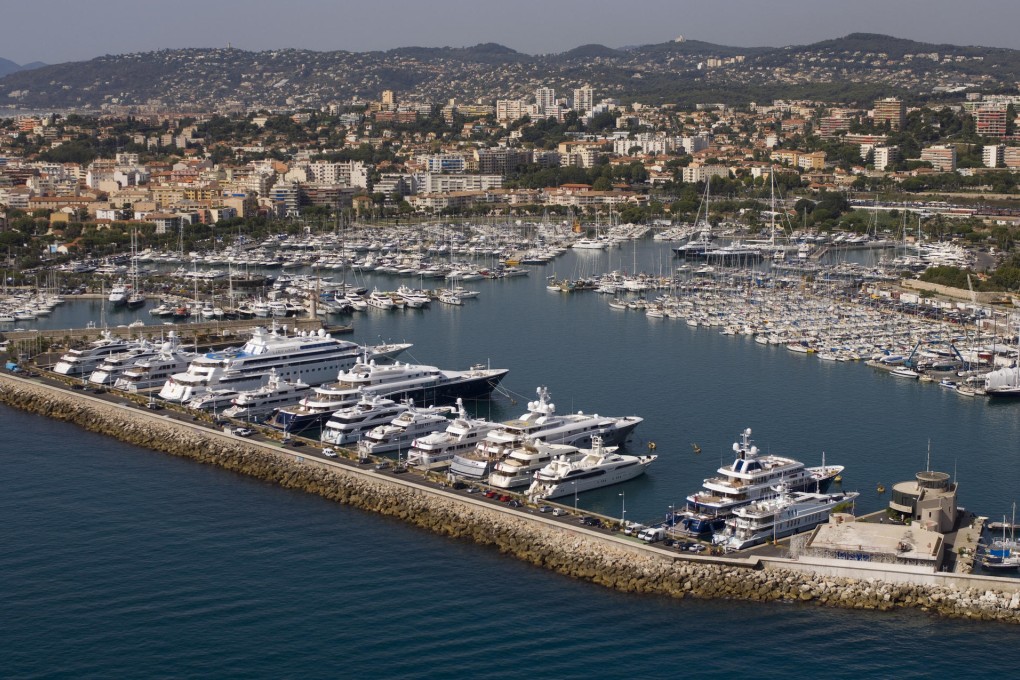
Terry Gilmore, senior yacht-staff trainer, tosses some striped cushions from the white canvas sofa and drops several blue monogrammed towels on the scrubbed wooden foredeck of the Latitude superyacht. He watches as his trainees hasten to restore order.
"What do we always ensure?" he snaps, looking with irritation at the new arrangement then answering his own question: "That the zip is down."
The crew is not seen or heard. We're like rats, I suppose. Just stowed away
He rotates several cushions to conceal barely visible zips. In any case, it turns out that the towels should be picked up first, so that they do not soak dampness into the sofas, and the lesson proceeds with detailed instructions on the correct method for rolling a towel, so that the monogram is prominently displayed (not easy).
"Not like that; totally wrong," he tells a trainee, pointing out in passing that his belt is too long and the creases on his polo shirt are insufficiently sharp.
As the global economy struggles with the fallout from recession, the lives of the super-rich continue largely unruffled by the constraints of the downturn. And there are few starker examples of pure extravagance than the superyacht. A luxury yacht (unlike a house in London's exclusive Knightsbridge, say) is less an investment than a bottomless pit to throw money at and it follows that the owners of superyachts are not people who worry much about penny pinching. They are people who are used to getting what they want and, as employers, they tend to be extremely exacting.
The expanding ranks of billionaires worldwide are creating a new job market for servants, often providing the most esoteric of services. The people who staff superyachts need to be equipped with discretion, servility and good ironing skills, and are relatively well-paid for their work (salaries start at between HK$17,000 and HK$25,000 a month, including a berth on the yacht and all meals, and rising to HK$40,000 a month for more senior staff).